Russia says open to talks, will not compromise on annexed regions
Moscow says Russia is open to peace talks with Ukraine to end the war but will not give up the regions it has annexed.
In a press conference on Tuesday, Kremlin spokesman Dmitry Peskov said Moscow was open to peace negotiations with Kiev but that new "territorial realities" could not be ignored.
He was referring to the four Ukrainian regions of Donetsk, Luhansk, Kherson, and Zaporizhzhia that were annexed by Russia following referendums in September last year, seven months after Russia began what it calls a "special military operation" against Ukraine.
Ukraine and its Western allies denounced the move as illegal, calling the votes a "sham." However, Moscow named the regions as constituent subjects of the Russian Federation in a constitutional decree despite the fact that Russian forces have not yet managed to take the regions under their full control. In fact, much of the territory in the Russian-annexed regions still remain in Ukrainian hands.
"There are certain realities that have already become an internal factor. I mean the new territories. The constitution of the Russian Federation exists, and cannot be ignored. Russia will never be able to compromise on this, these are important realities," Peskov said on Tuesday.
He stressed that Moscow was open to negotiations if Kiev accepted Russia's control over the regions.
"With a favorable state of affairs and the appropriate attitude from the Ukrainians, this can be resolved at the negotiating table. But the main thing is to achieve our goals," Peskov said.
This is while Ukraine says Russian troops must leave every inch of its territory, including the four annexed regions, plus the Crimean Peninsula, which was annexed by Russia in 2014, before a peace plan can be discussed.
Russia invaded Ukraine on February 24, 2022 to "de-Nazify" the country and over the perceived threat of the ex-Soviet republic joining the US-led NATO. Kiev and its allies, however, say they were baseless pretexts for imperial ambitions.
Since the onset of the war, the United States and Ukraine's other allies have sent Kiev tens of billions of dollars' worth of weapons, including rocket systems, drones, armored vehicles, tanks, and communication systems.
Western countries have also imposed a slew of economic sanctions on Moscow. The Kremlin has said the sanctions and the Western military assistance will prolong the war.
The development on Tuesday comes as Ukraine said that its troops were under pressure in the near-destroyed frontline city of Bakhmut, where Russian forces were launching heavy shelling after months of fighting.
Bakhmut, which is still in Ukrainian hands amid the months-long battle, is a small salt mining city in the eastern region of Donetsk and is Moscow's prime objective. Its capture would give Russia a fresh foothold in the region.
The battle to seize the heavily-fortified city has been spearheaded by the Russian paramilitary Wagner group, which has made small but steady gains.
Aerial footage by AFP showed almost all of Bakhmut's buildings in ruins and smoke rising over the city.
"The situation around Bakhmut is extremely tense," the commander of Ukraine's ground forces, Oleksandr Syrskyi, said on social media.
"Despite taking significant losses, the enemy has dispatched its best-trained Wagner assault units to try to break through the defenses of our troops and surround the city," he added.
In mid-February, the governor of the eastern Donetsk region, Pavlo Kyrylenko, said that out of the 70,000 people who had once lived in the city before the war, less than 5,000 civilians, including 140 children, remained.
Ukrainian President Volodymyr Zelensky visited the devastated city in December last year, stressing that Ukraine would fight for the fortress city as long as it can.
Truth as first casualty: Deconstructing disinformation campaign on Iran riots death toll
Surrender, humiliation have no place in our lexicon: Lebanese MP
VIDEO | Press TV's news headlines
Fake deaths and celebs: Inside the farcical info war against Iran amid foreign-backed riots
Two MKO terrorists captured for roles in foreign-backed riots in Tehran
Trump source of ‘provocative, absurd’ messages on recent Iran riots: Envoy
‘French army fits in one football stadium’: Politician mocks troop deployment to Ukraine
At least 40 Palestinian journalists being held in Israeli prisons: Advocacy group


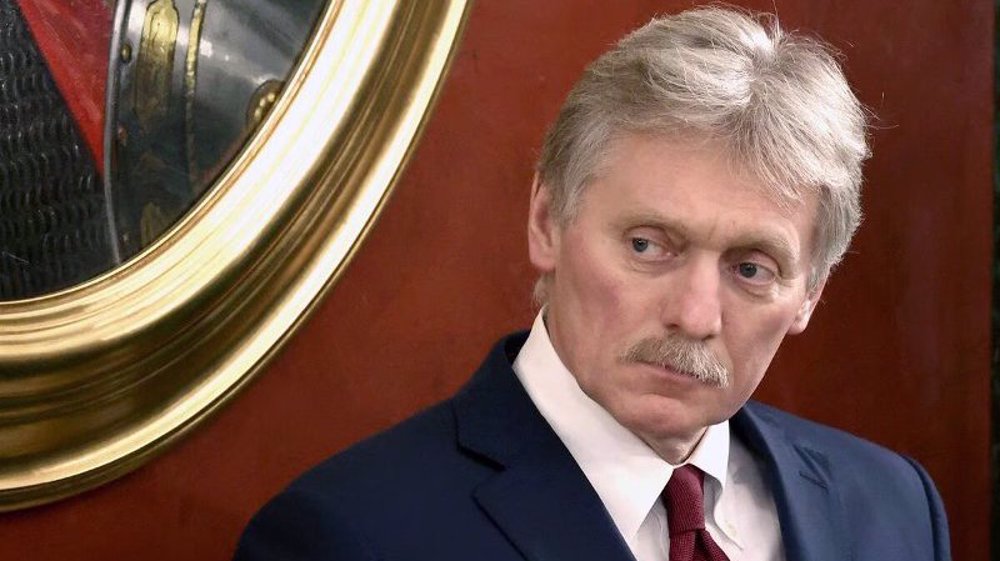
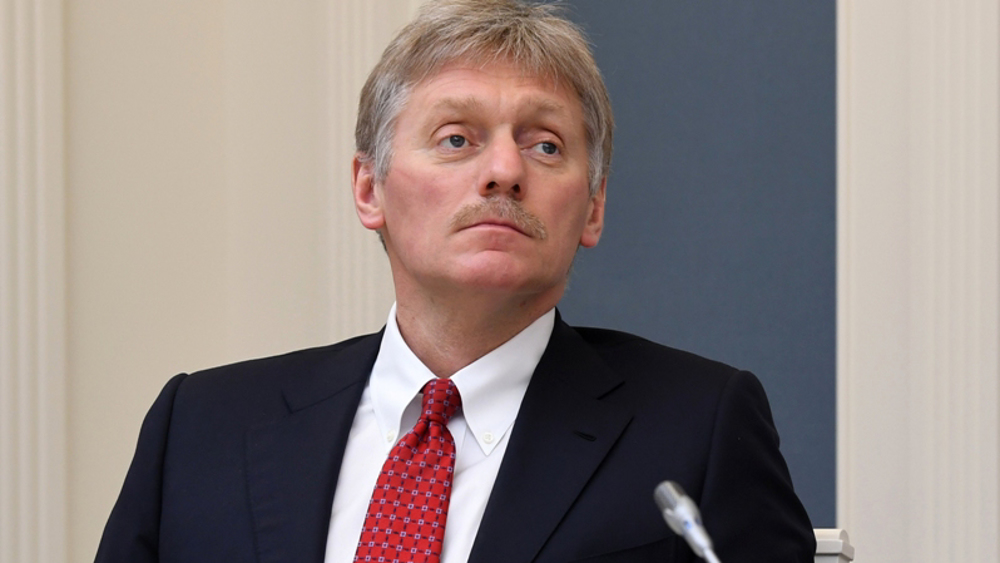
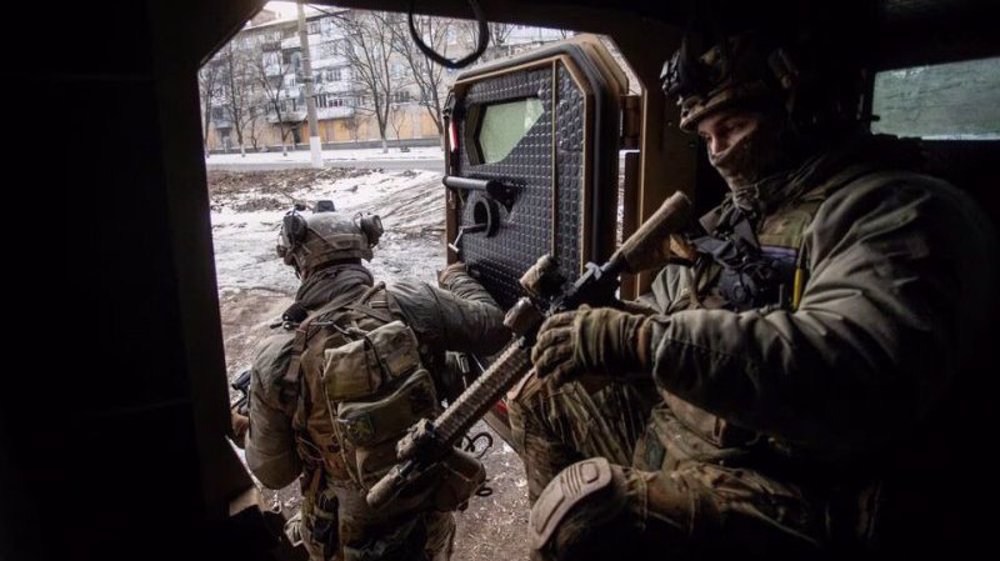
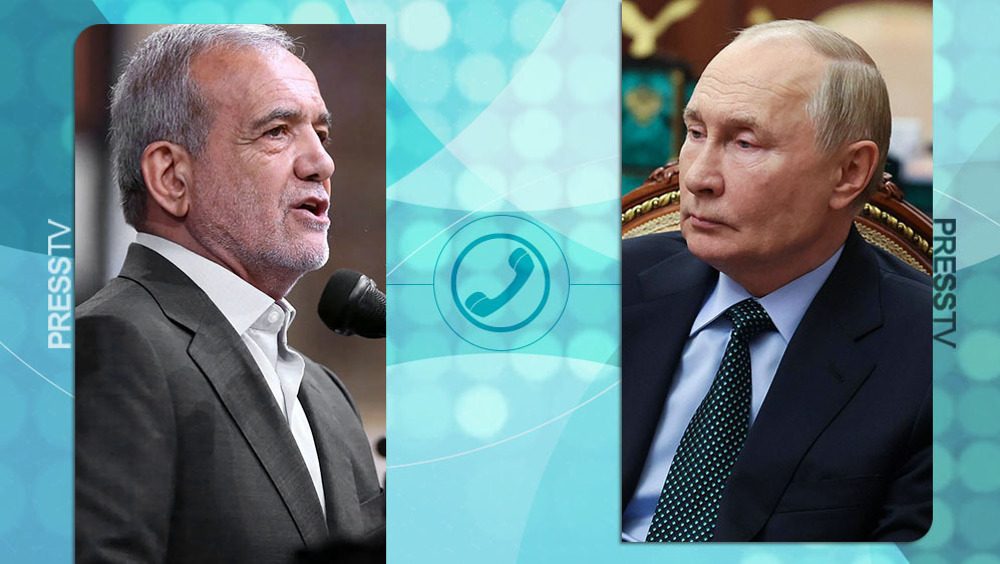
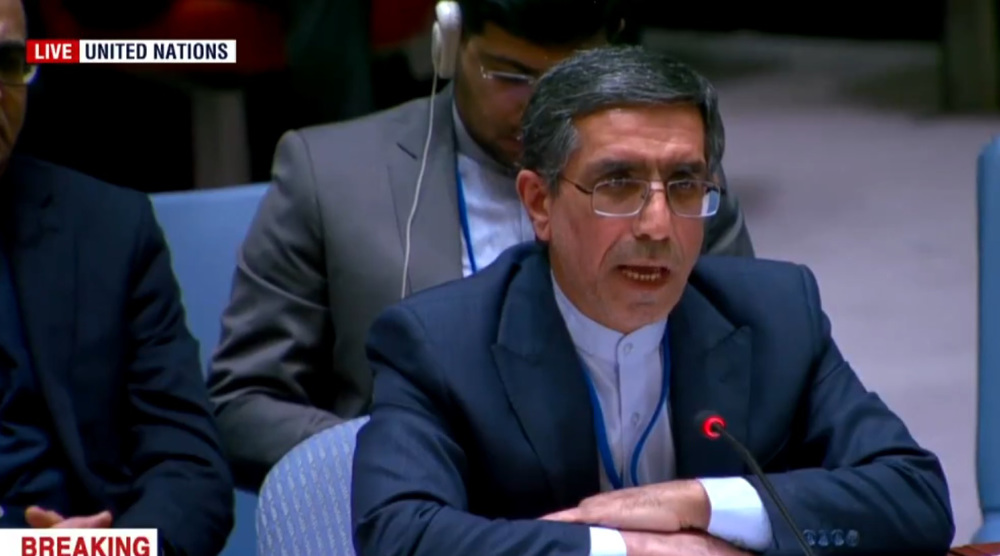
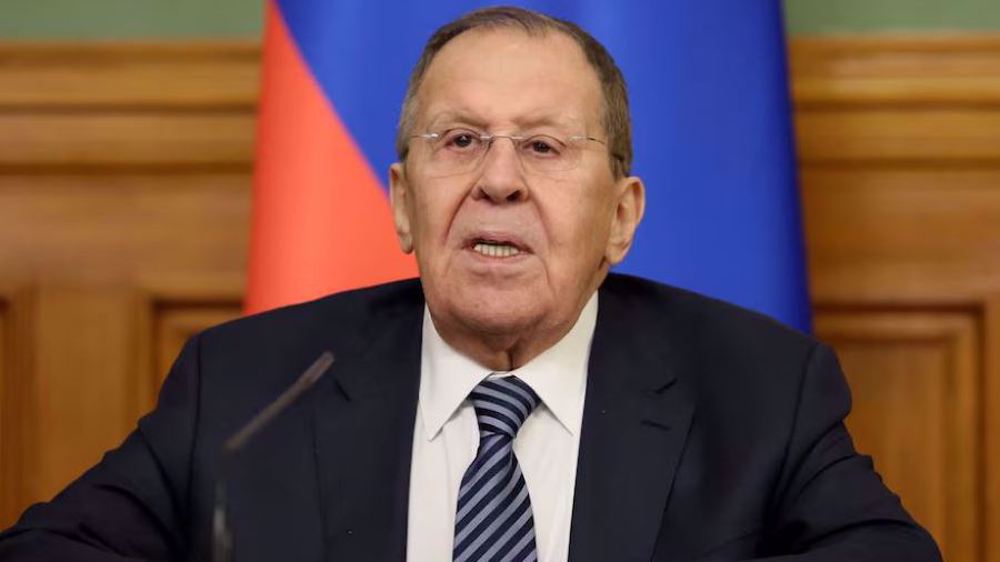




 This makes it easy to access the Press TV website
This makes it easy to access the Press TV website